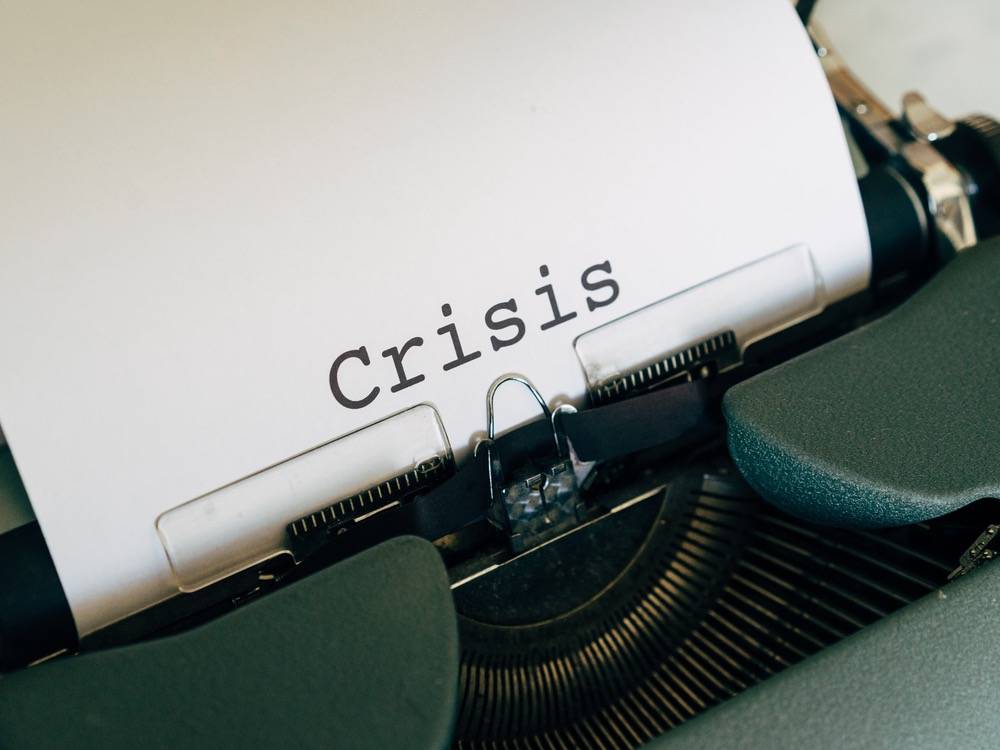
There seems an antiquated camp that still insists on sending out bad news on a Friday or weekends, hoping that it gets buried in the mountain of news by Monday in a newsroom. However, that is patently outdated today, where everyone is connected anywhere and everywhere.
Late Friday media conferences of old
I recall in the decades before, whenever journalists or practitioners got wind of a dreary later Friday afternoon media conference by a government agency, we would smile knowingly at each other, knowing that the news had to be somewhat of a problem, or at least affecting quite many people in a significant way, and nobody from the government agency would prefer to answer questions, easy or difficult.
Age of social media and smartphones
But, today, if you still hope to get bad news buried by a late Friday afternoon media conference, you might be sorely disappointed.
It is now the 21st century, where supercomputing and wireless broadband capable smartphones are in everyone’s pockets, and social media of all modalities allow sharing of news, especially bad ones, to thousands and even millions in minutes. The most viral of all content these days, would be entertainment and controversy. Surely bad news, or a crisis, would easily fit into the controversy category.
What to do with bad news and a crisis? Let us offer 4 key thoughts.
1. Crisis Preparedness
First of all, before a crisis even strikes, your business needs a crisis management and communication program in place. Work with your team and public relations experts to develop and deploy such a program. And test your team’s agility and preparedness with simulation runs.
2. Accept the fallout
The worst offenders tend to be some C-suite executives, who may naively believe that all crises can be swept under the carpet with so-called public relations spin. Let me categorically say this, that public relations is not spin. Public relations is about telling the truth. So when fallout happens, you need to accept the outcome with grace and humility, and work with your team and your public relations agency to be prepared and to tell the truth. Remember, all best laid plans are on a best effort basis, and there is no guarantee to positive outcomes. You can only do your best to tell the truth. With social media, you will be even more scrutinized than ever before. And remember, the media and the Internet will not forget anything, and there will always be a trace of a crisis you will be trying hard to forget. Accept that with courage.
3. Come clean on time
You will have to face the music no matter what, and so it is best to come clean with the truth on time, rather than procrastinate. The ugly outcome will hit you hard, and it is best to brace for impact and get through the initial onslaught. Remember that the media determines what and when and how long they want to report such bad news. You don’t get to make the rules. You can only bravely go through the crisis, and offer mitigation and remediation on top of telling the truth.
4. Permeate all channels
Social media, including dark social such as messaging apps, will likely be abuzz with the spreading of bad news. So, when you hold that dreaded media conference to tell the truth on time, remember to engage your social media team to also distribute the same truth across all possible social and dark social channels. Again, accept that there may be terrible and painful fallouts in these channels, but respond with grace, humility, courage, and with truth. Remember, it is nearly impossible to tell lies consistently. It is always easy to tell the truth repeatedly.
No business can cruise through its corporate life without trouble. Every business will face triumphs and defeats along the way. The idea is to be prepared and agile for crises, and to accept all crises with grace, humility, courage, and with truth.
###

